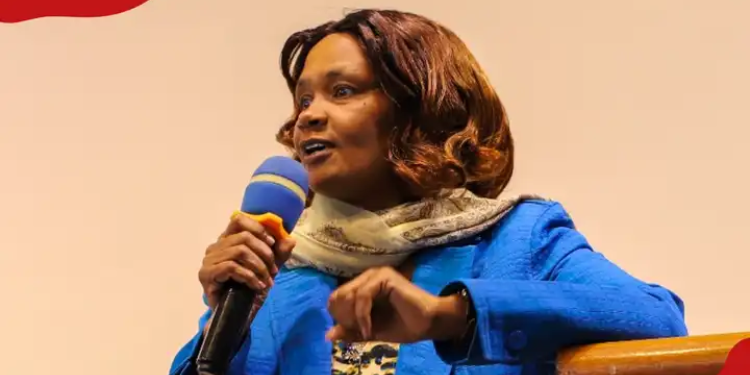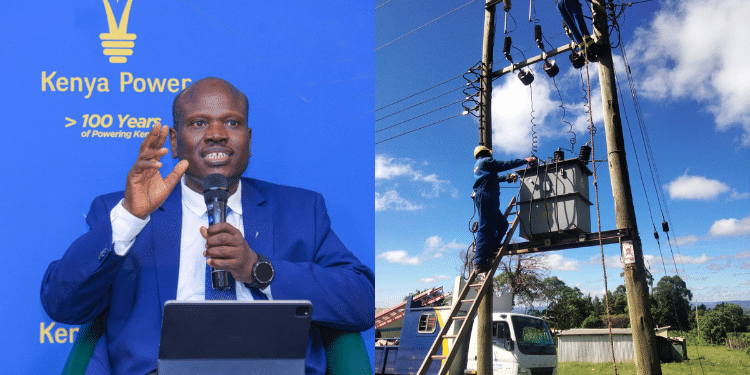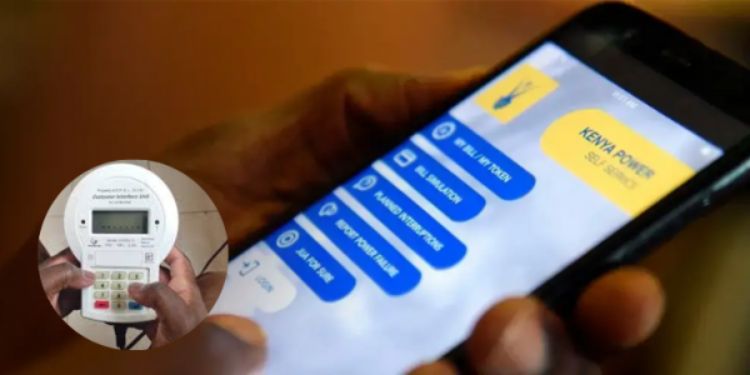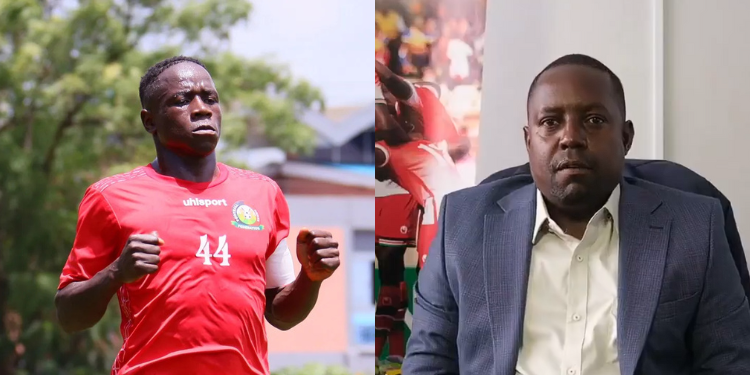Under the neon lights of Mlolongo’s nightspots, teenagers as young as 14 gather near pool table joints, chewing muguka and taking turns on Chinese-made betting machines.
In Githurai, girls skipping school buy codeine-laced soda at local kiosks. In Kangemi, a 17-year-old boy was recently caught stealing from a church offertory box to fund his muguka and betting habit.
Across Kenya’s urban low-income areas, a disturbing pattern is playing out: Generation Z is drowning in substance abuse, gambling addiction, and social neglect.
The Street Stories Behind the Statistics
Angela, a 16-year-old school dropout from Mlolongo, now spends her days loitering near a car wash station. She says muguka helps her stay alert for quick cash jobs or “mpesa deals” (slang for casual phone scamming).
“Sometimes I chew to forget the things I’ve gone through,” she says softly, eyes darting. “Other times, I chew to stay awake for online betting. I’ve lost so much already.”
Angela admits she once sold her school shoes to stake a bet on a Spanish football match she didn’t even watch. She lost.
In Githurai, Peter, a 17-year-old Form Three student, sneaks out of school most afternoons. He started chewing muguka at 14, then graduated to cannabis and eventually Chinese slot betting machines, now found in dozens of local kiosks and bars.
“My parents don’t know. I lie I’m in tuition,” he says. “But those machines—when you win Ksh 500, you feel like a boss. Then you lose it all. So you steal.”
Peter admits he once pawned his mother’s phone and later stole Ksh 1,000 from his church group’s savings pot to continue betting and buy muguka.
In Kangemi, 19-year-old Doreen, who was raised by her grandmother, started taking prescription drugs after joining a local dance group where “energy boosters” were offered before practice sessions.
“They said it helps with performance and losing weight,” she says. “But now I can’t sleep without popping a pill or smoking something. I know I’m addicted.”
Chinese Betting Machines and Urban Hustles
These urban neighborhoods—like Mlolongo, Githurai, and Kangemi—are the new frontline in a youth crisis powered by Chinese-made betting machines, unregulated muguka sales, and easy access to cheap liquor and prescription drugs.
The betting machines, originally meant for entertainment, are now exploiting unemployed, stressed youth, who gamble their last coin—and often resort to theft or transactional sex when they lose.
“The machines came quietly, like a silent epidemic,” says Joseph Mwai, a social worker in Githurai. “Now every kibanda or pool joint has one. It’s destroying our boys and girls alike.”
Also Read: KRA Issues Directive to Betting Firms Over BCLB License Renewal
Urban Despair Feeding Substance Use
Kenya’s youth unemployment rate stands at over 35%, and many in Nairobi’s informal settlements live in overcrowded homes where mental health, trauma, and poverty intersect.
“Many of these kids are not bad kids,” explains Dr. Esther Ohendi, a psychologist working in Nairobi West. “They’re surviving. They’re stressed. They’re hungry. Muguka becomes breakfast, pool table becomes a career, and betting becomes hope.”
A Generation at Risk—and Still Ignored
Parents, overwhelmed by the cost of living, often have no idea what their children are going through.
“My son said he was in group studies. I found him dazed behind a local bar chewing muguka with older men,” says Sarah Wairimu, a single mother from Kangemi. “He’s only 15.”
Also Read: Alcohol Enemas: Risks and Effects of Consuming Alcohol Through the Rectum
What Needs to Change—Now
To stop the freefall, experts recommend immediate and targeted action:
1. Crack Down on Unregulated Betting Machines
County authorities must urgently ban or license Chinese-made slot machines, especially in residential areas and near schools.
2. Introduce School-Based Rehab Programs
Schools in Mlolongo, Githurai, and Kangemi need in-house counselors and mental health support systems tailored for teens.
3. Create Safe, Engaging Alternatives
Convert pool joints into monitored youth centers with art, coding, sports, and mentorship.
4. Train Parents and Teachers to Detect Early Signs
Awareness campaigns must equip adults with tools to spot early addiction and intervene with compassion—not punishment.
5. Fund Youth Employment and Skills Training
Idle youth will always seek quick money. Real investments in youth skills, internships, and microgrants can break the cycle.
Final Word
“We have normalized hustling through drugs, betting, and theft—and called it street smarts,” says Caroline Mutua, a youth advocate in Mlolongo. “But we are raising a generation that might not live long enough to use those smarts for good.”
In the chaos of forgotten alleyways and noisy kiosks, Kenya’s Gen Z is crying out for help—not judgment. It’s time to listen.
By Peter Ongera
Follow our WhatsApp Channel and X Account for real-time news updates.







































































